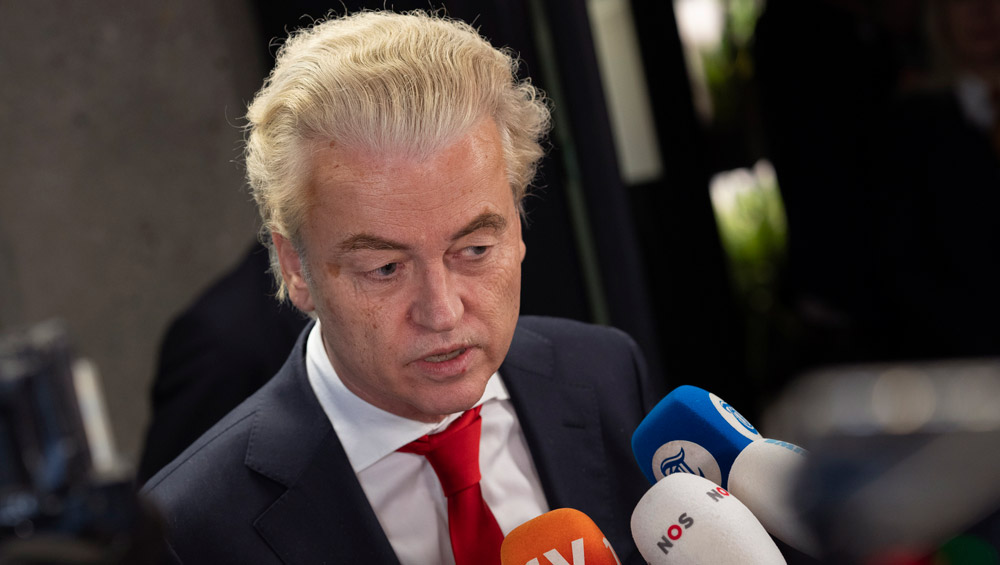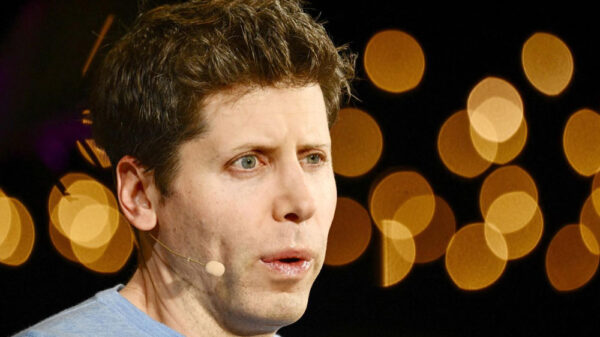The Dutch government has fallen following a decision by far-right leader Geert Wilders to withdraw his Party for Freedom (PVV) from the ruling coalition. The move, triggered by disagreements over immigration policies, signals a major political upheaval in the Netherlands and raises uncertainty about the country’s immediate political future.
The Collapse of the Coalition
Wilders announced the decision on social media, stating that the coalition’s refusal to support his party’s strict asylum proposals left him no choice but to withdraw. “We had no choice. I promised the voter the strictest asylum policy ever, but that was not granted to you,” Wilders said in a translated post on X (formerly Twitter).
The PVV, which secured a sweeping victory in the 2023 general election, had been a key player in the coalition government. Despite its electoral win, the coalition chose Dick Schoof, the former head of the Netherlands’ intelligence service, as prime minister. However, conflicting views on immigration policies have persisted since the coalition’s formation, ultimately leading to its collapse.
Immigration Proposals at the Center of the Dispute
The PVV recently introduced a 10-point plan aimed at significantly curbing immigration. The plan included halting asylum applications and temporarily stopping family reunification for refugees already granted asylum. Wilders argued that other European countries, such as Austria, Poland, and Germany, were implementing stricter measures, and the Netherlands should follow suit.
Over the weekend, Wilders warned that his party would leave the coalition if their asylum proposals were not adopted. “Let me be crystal clear,” he wrote on X. “If the majority of our proposals from the ten-point asylum plan are not adopted by the coalition…then the PVV will withdraw.”
Reactions from Coalition Leaders
Wilders’ decision has drawn sharp criticism from other coalition leaders. Dilan Yesilgoz-Zegerius, leader of the People’s Party for Freedom and Democracy (VVD), accused him of prioritizing personal interests over the nation’s welfare. “He chooses his own ego and his own interests,” she told Dutch broadcaster NOS. “This is super irresponsible.”
The Farmer-Citizen Movement (BBB) party also condemned Wilders, stating that his actions would lead to political paralysis. “This is completely irresponsible, reckless, and incomprehensible for anyone who hoped for change,” said Caroline van der Plas, the BBB’s leader.
What Comes Next?
The collapse of the government has sparked calls for new elections. Opposition parties, including the Socialist Party (SP), have demanded immediate action to bring about political change. Jimmy Dijk, leader of the SP faction, declared on X, “Now is the time for elections and political change.”
The BBB party warned that the fall of the government could result in at least 18 months of political stagnation. Analysts predict that the country’s left-leaning parties may gain momentum in the next election, potentially ushering in more lenient asylum policies—an outcome the PVV sought to avoid.
Economic Implications
The political crisis comes amid steady economic growth in the Netherlands. The economy is projected to grow by 1.5% in 2025 and 2026, despite inflation reaching 4.1% in April, above the eurozone target. However, rising geopolitical tensions and domestic instability could pose challenges to sustained growth, according to the Dutch central bank.











